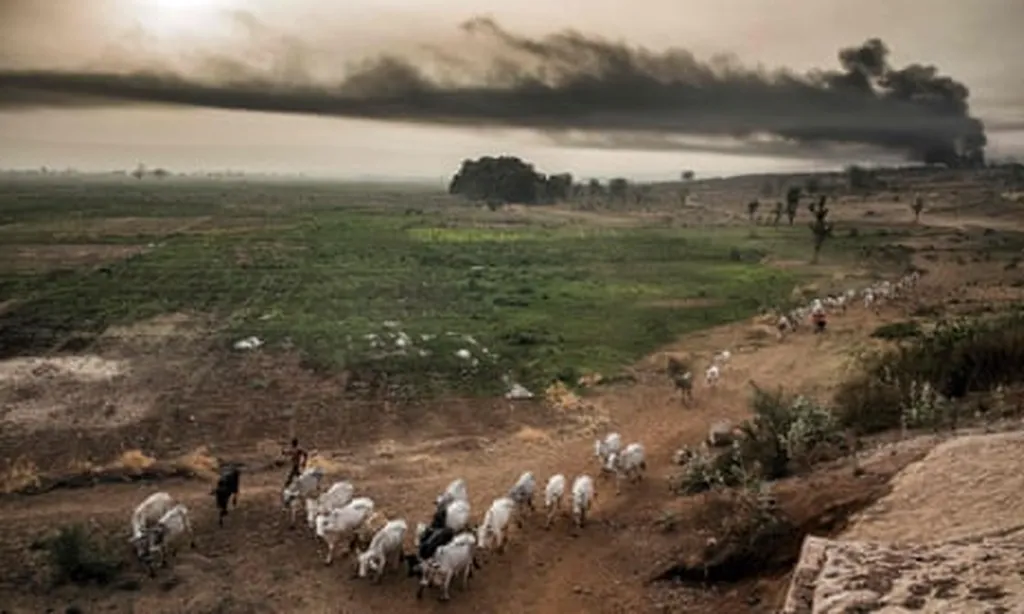In mid-August, a short video posted by Akbar, a Pakistani agricultural professional, offered a glimpse into China’s evolving role as a hub for global agricultural education. The clip marked the final installment of his *”Diary of Studying in China”* series, shared just a month after his return to Pakistan. His message was clear: “I want more friends to see China’s beautiful countryside, modern agricultural technology, and hospitable people.” Akbar’s experience is part of a broader initiative reshaping agricultural collaboration between China and Pakistan—one that could have lasting implications for food security and economic ties in the region.
Akbar was among the first cohort of the Pakistani government’s *”Thousand Talents Plan,”* a program designed to send 1,000 agricultural professionals to China for specialized training. On July 17, he and 291 others completed a three-month intensive course at the Yangling Demonstration Zone, a key agricultural research hub in Shaanxi Province. The training, conducted in partnership with Northwest A&F University and the Shaanxi Vocational and Technical College of Agriculture and Forestry, covered critical areas such as livestock breeding, disease prevention, and seed technology—fields where China has made significant advancements in recent decades.
The program is more than an educational exchange; it reflects a strategic alignment between the two nations. Launched under the broader consensus of China-Pakistan cooperation in agriculture, the initiative aims to transfer technical expertise while strengthening bilateral ties. For participants like Ali, a doctoral graduate from Huazhong Agricultural University, the training reinforced China’s position as a leader in agricultural modernization. “Yangling’s agricultural technology is in a leading position,” he noted, emphasizing the potential for deeper collaboration. His current work in wheat breeding for a Pakistani agribusiness makes him acutely aware of how Chinese innovations—such as high-yield, climate-resilient wheat varieties tested at the China-Pakistan Bio-health Agricultural Science and Technology Demonstration Park—could address Pakistan’s food security challenges.
The implications extend beyond individual success stories. Pakistan, an agrarian economy facing water scarcity and climate pressures, stands to benefit from China’s expertise in high-efficiency farming and biotechnology. Meanwhile, China’s push to share agricultural knowledge aligns with its broader Belt and Road Initiative, where infrastructure and technical cooperation go hand in hand. The Demonstration Park, operational since 2021, serves as a tangible example of this synergy, offering locally adapted crop varieties that could boost Pakistani yields.
Yet the program’s long-term impact hinges on how effectively these trained professionals apply their knowledge back home. For Akbar, Ali, and their peers, the challenge now lies in translating classroom lessons into field-level changes—whether through corporate agriculture, government policy, or entrepreneurial ventures. Their experiences suggest that while technology transfer is a critical first step, sustained cooperation will depend on continued investment in people, not just projects.
What remains evident is that agricultural diplomacy is becoming a cornerstone of China-Pakistan relations. As participants like Akbar share their stories, they do more than document their education; they highlight a model of collaboration where expertise, not just trade, drives partnership. For two nations where agriculture remains central to economic stability, the stakes—and the potential—are high.

